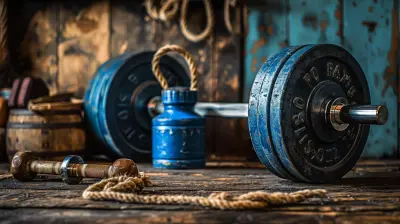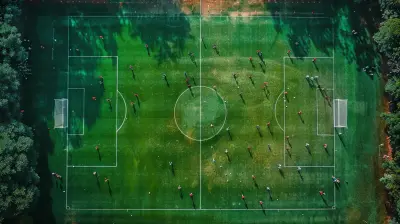Essential Fats for Athletes: Why You Shouldnt Skimp on Omega-3s
20 October 2025
When we think about fueling athletic performance, the first things that usually come to mind are protein shakes, carbs, and probably some lean chicken breast. But here’s the kicker—there’s a superstar nutrient often left sitting in the shadows, and it’s one that your body actually can't produce on its own.
Yep, we’re talking about omega-3 fatty acids.
These little guys are not just trendy buzzwords found on fish oil bottles. They’re essential for you as an athlete. Whether you’re chasing a personal best, training for your first half-marathon, or just trying to recover faster after a brutal gym session, omega-3s are the secret weapon most people overlook.
Let’s break it all down in real talk.
What Are Omega-3 Fatty Acids?
Think of omega-3s as the body’s biological engine oil. They’re essential fats, meaning you need them to survive, but—plot twist—your body can’t make them on its own. So, just like you wouldn’t skip a key ingredient in your protein smoothie, you shouldn’t ignore omega-3s in your diet.There are three main types of omega-3s:
- ALA (alpha-linolenic acid) – Usually found in plant-based foods like flaxseeds, chia seeds, hemp seeds.
- EPA (eicosapentaenoic acid) – Primarily from marine sources like fatty fish.
- DHA (docosahexaenoic acid) – Also from marine sources, especially important for brain and eye health.
ALA is like your rookie football player—still valuable, but not as impactful as the pros (EPA and DHA). Your body can convert ALA into EPA and DHA, but the process is crazy inefficient. We're talking less than 10% gets converted. So for athletes? You’re going to want to get EPA and DHA directly from your diet or supplements.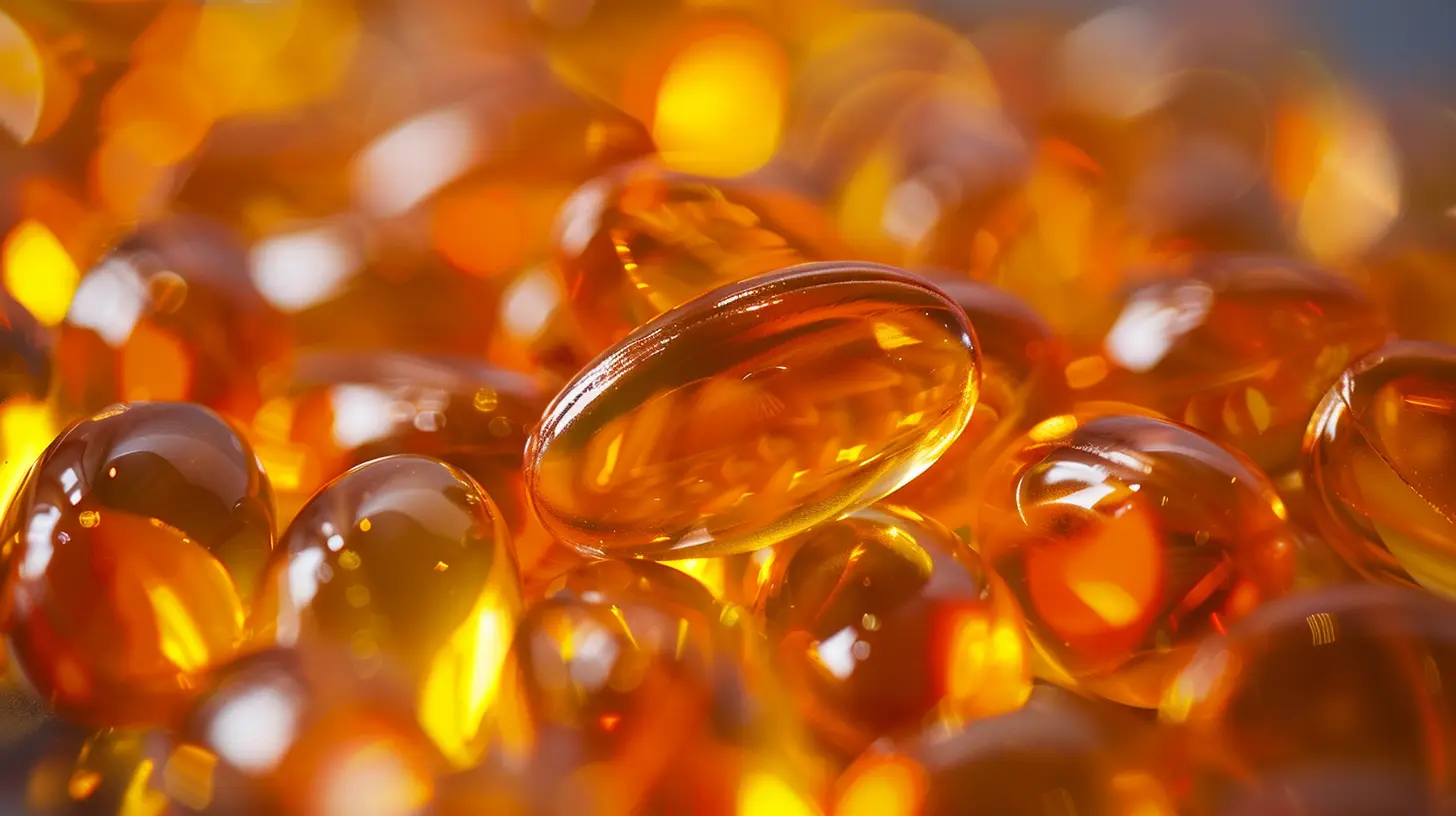
Why Omega-3s Matter for Athletes
1. Supports Heart Health (Because Cardio Isn’t Just Running)
When you’re pushing your body to the limit, your heart is doing serious overtime. Omega-3s help lower blood pressure, reduce triglycerides, and improve overall cardiovascular function. That means your heart pumps blood more efficiently during long workouts or big games.In simple terms? More oxygen reaches your muscles, and you can push harder, longer.
2. Reduces Inflammation and Speeds Up Recovery
You know that sore, stiff feeling the day after deadlifts or sprint drills? That’s inflammation. It’s your body’s natural response to stress—and it’s not always bad. But chronic inflammation? That’s a problem.Omega-3s are anti-inflammatory warriors. They help put out the fire in your muscles so you can recover faster, bounce back sooner, and get back to training at full strength.
3. Joint Health and Pain Reduction
Ever feel that nagging ache in your knees or shoulders after a heavy lift session? That could be joint inflammation creeping up.Good news: omega-3s help fight joint pain and improve mobility. They act as a lubricant for your joints, keeping everything moving smoothly—like WD-40 for your body. That means more reps, more sets, and fewer injuries.
4. Improves Mental Focus and Cognitive Function
Athletic performance isn’t just about physical strength. Mental sharpness, decision-making speed, and reaction time? That’s the game-changer.Your brain is made up of nearly 60% fat—and DHA is a critical component. Omega-3s can improve memory, reduce anxiety, and keep your head clear under pressure. Whether you’re on the field, court, or mat, that mental edge matters.
5. Better Sleep (Because Gains Happen Overnight)
Most recovery doesn’t happen in the gym; it happens when you sleep. Poor sleep = poor performance. That’s where omega-3s come into play.Studies have shown omega-3s, particularly DHA, can improve sleep quality and help regulate your circadian rhythm. Better sleep means better muscle recovery, improved mood, and more energy during workouts.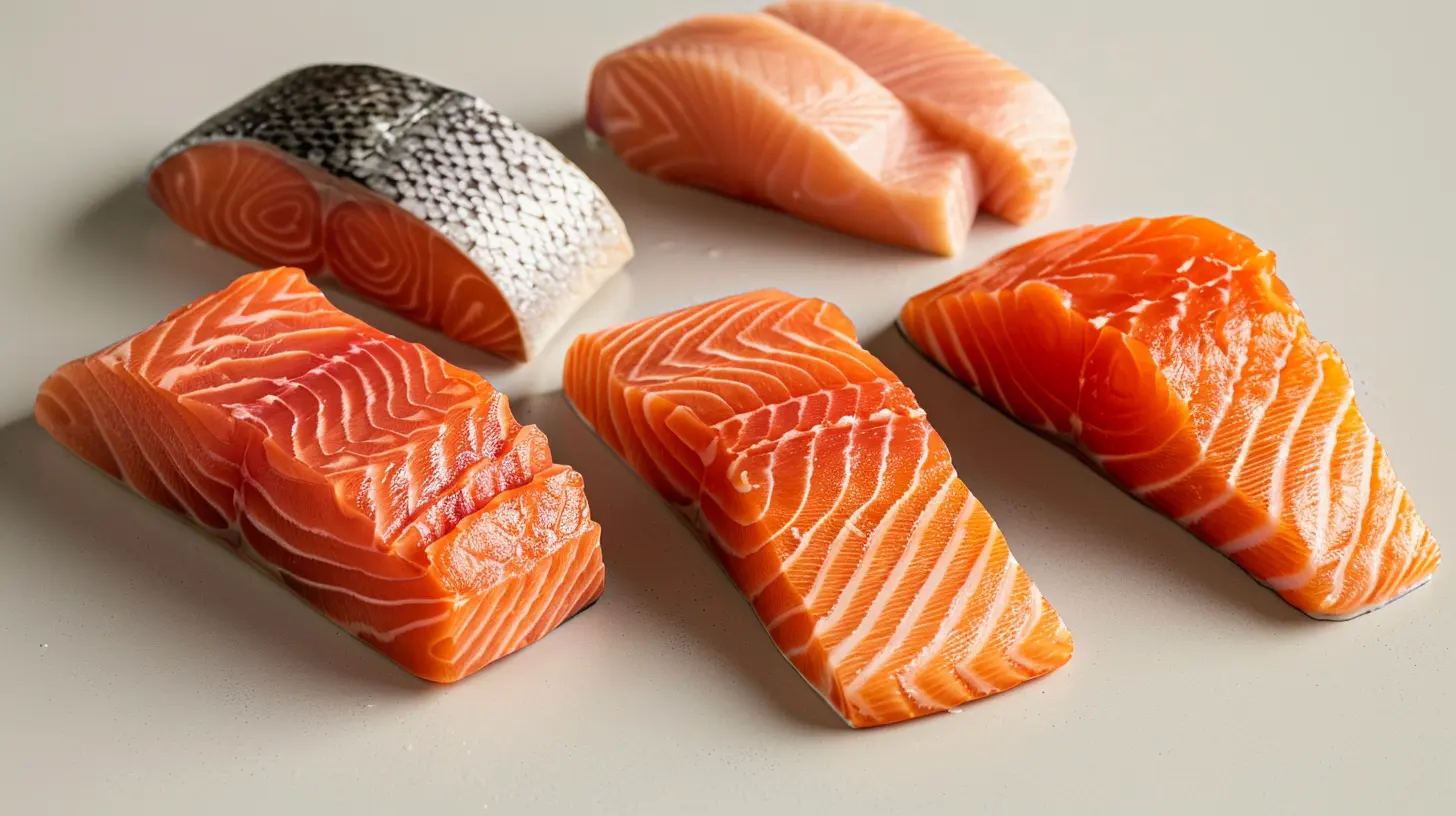
Signs You Might Be Low on Omega-3s
Here’s the crazy part: most people (yep, even athletes) are low on omega-3s and have no idea. Here are a few red flags:- You’re always sore, even after light workouts
- Your joints are stiff or painful
- Focus? What focus?
- You feel more anxious or moody lately
- You don’t eat fish or seafood regularly
If any of that sounds like you, it might be time to boost your omega-3 intake.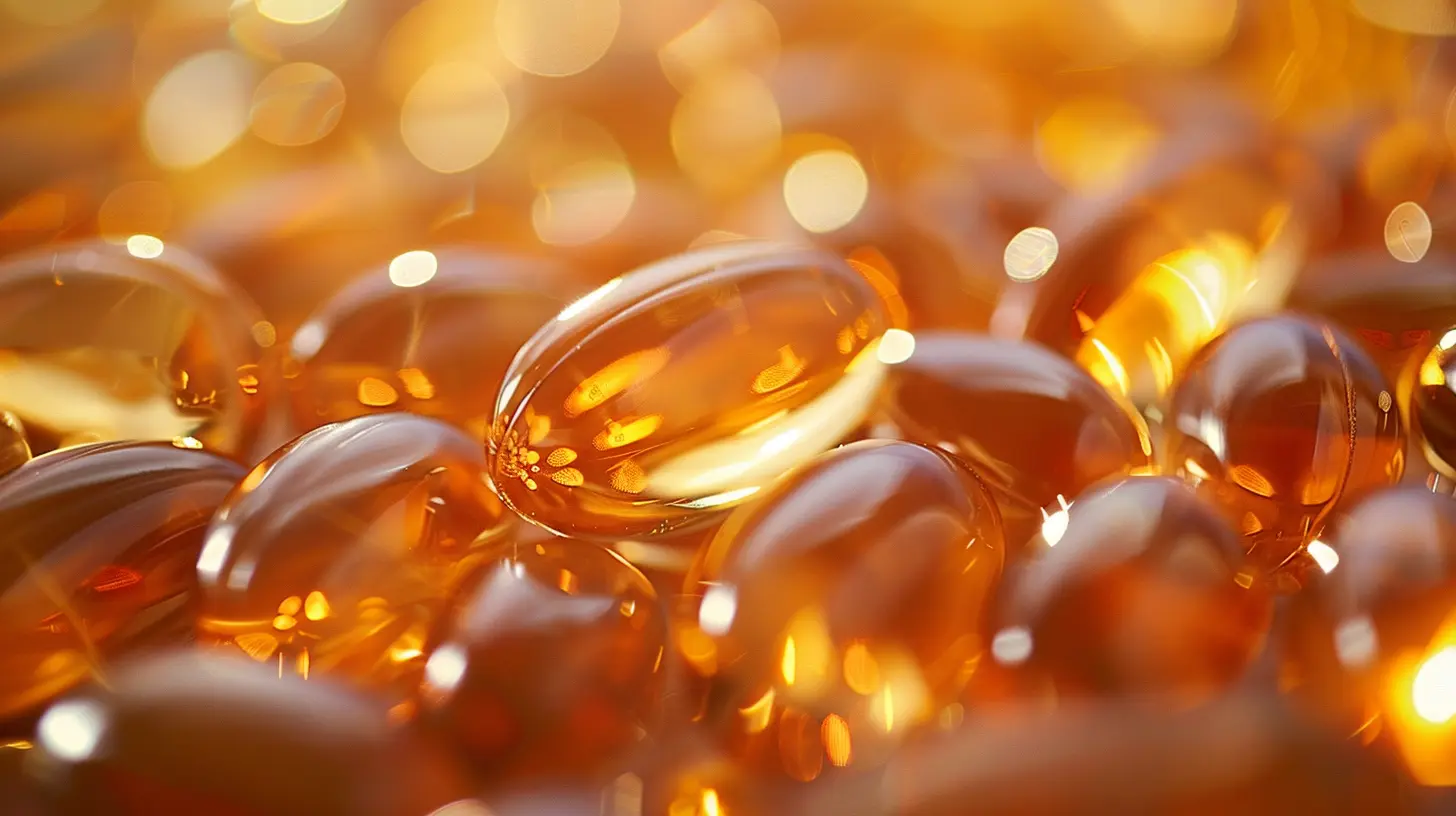
Best Food Sources of Omega-3s for Athletes
Let’s talk real food. Because yes, supplements exist, but nothing beats getting your nutrients from whole, nutrient-dense sources.🐟 Fatty Fish (The MVPs)
- Salmon- Mackerel
- Sardines
- Anchovies
- Tuna (in moderation)
These are rich in EPA and DHA—the two types that pack the biggest punch.
🌱 Plant-Based Sources (Still Good, But Not as Potent)
- Flaxseeds- Chia seeds
- Walnuts
- Hemp seeds
- Brussels sprouts (surprising, right?)
These contain ALA, which your body tries to convert into the more powerful forms. If you’re on a plant-based diet, these are still solid choices, but you may want to consider an algae-based supplement to get EPA and DHA.
🥚 Fortified Foods
Some eggs, milk, and yogurt products are now fortified with omega-3s. They’re convenient, but always check the label—don’t assume it’s packed with the good stuff.Should Athletes Supplement with Omega-3s?
Let’s be honest… unless you’re eating fatty fish three to five times a week (and who really is?), you’re probably not getting enough omega-3s from food alone.In this case, high-quality fish oil or algae oil supplements can help fill in the gaps. But—and this is a big but—not all supplements are created equal.
What to Look for in an Omega-3 Supplement:
- High EPA and DHA content per serving (Aim for a combined 1,000–2,000 mg/day)- Third-party tested for purity
- Free from heavy metals and contaminants
- Enteric-coated to avoid fishy burps (trust me, this matters)
Talk to a healthcare provider or sports nutritionist before starting any supplement, especially if you’re on other medications or have specific health issues.
Timing: When Should You Take Omega-3s?
The good news is omega-3s aren’t like caffeine—you don't need to time them around your workout. But for best absorption, take them with a meal that contains fat. Your body absorbs them better that way.Morning? Post-lunch? Totally up to you—just be consistent.
How Much Omega-3 Do Athletes Need Daily?
For the average adult, about 250–500 mg of EPA + DHA daily is recommended. But athletes? You’re burning more, training harder, and stressing your body way more.Aim for 1,000–2,000 mg of EPA and DHA per day—sometimes more if you're in intense training or experiencing joint pain. Again, always talk to a pro to find what’s best for YOU.
What Happens If You Keep Skipping Omega-3s?
Let’s be blunt: skipping out on omega-3s is like trying to drive a sports car with no oil in the engine. You’ll run—barely—but eventually, you’ll burn out completely.Without enough omega-3s, recovery slows down, your joints scream more often, your mind isn’t as sharp, and your risk for overuse injuries skyrockets. You might not feel it right away, but over time, trust me—you will.
So instead of playing catch-up later (hello, inflammation and injury), start focusing on these essential fats now. Your muscles, brain, and long-term performance will thank you.
Final Thoughts: Don’t Sleep on Omega-3s
Let’s recap: omega-3s are essential. Not just “nice to have” or “good for general health,” but crucial for serious athletes who want to perform, recover, and live at their peak.We live in a world where pre-workouts and protein get all the spotlight, but if your joints ache, your brain feels foggy, or you're constantly sore after workouts, the missing piece could be right under your nose—omega-3 fatty acids.
Remember: real performance isn’t just about what happens in the gym—it's about how smart you feed your body outside of it.
So next time you plan your meals or supplements, don’t ask, “Do I really need omega-3s?”
Ask instead, “Why haven’t I been taking these this whole time?
all images in this post were generated using AI tools
Category:
Sports NutritionAuthor:

Umberto Flores
Discussion
rate this article
1 comments
Samantha McCloud
Vital insights! Omega-3s truly enhance athletic performance and recovery.
November 8, 2025 at 4:22 AM

Umberto Flores
Thank you! I'm glad you found the insights helpful. Omega-3s are indeed essential for optimizing performance and recovery.

